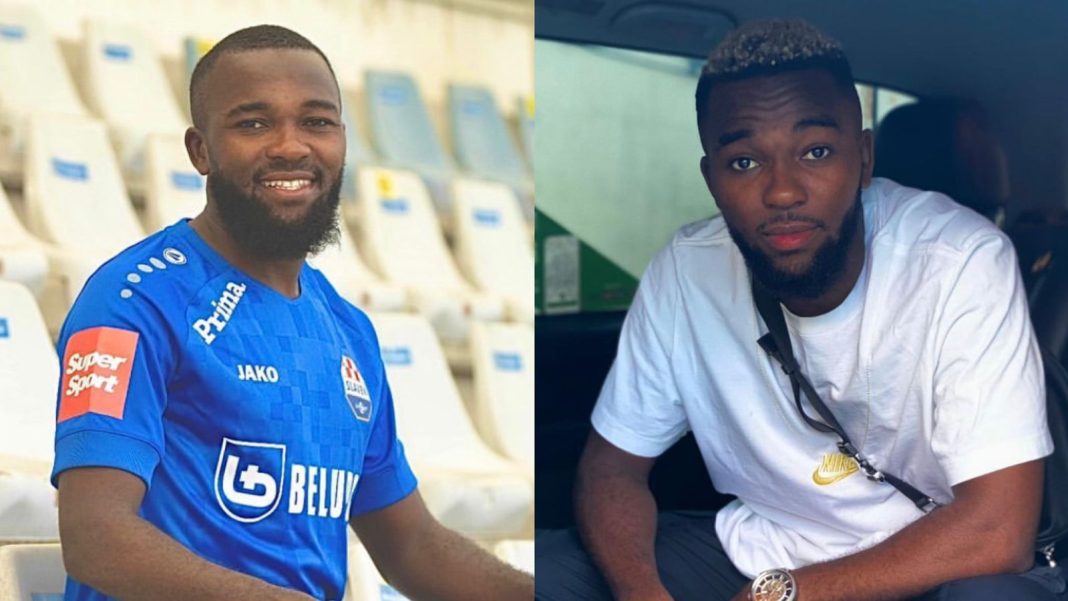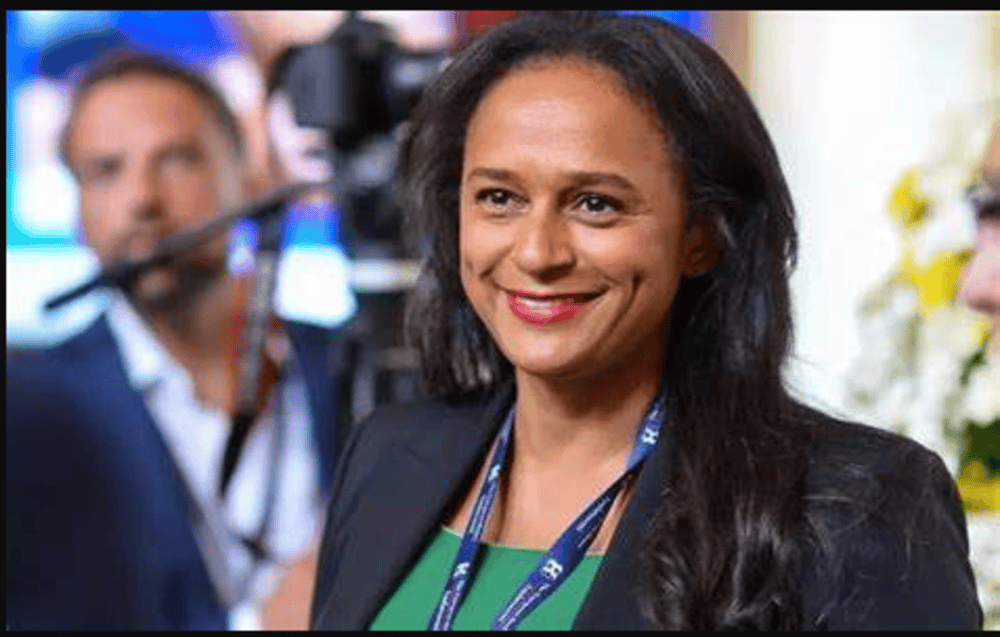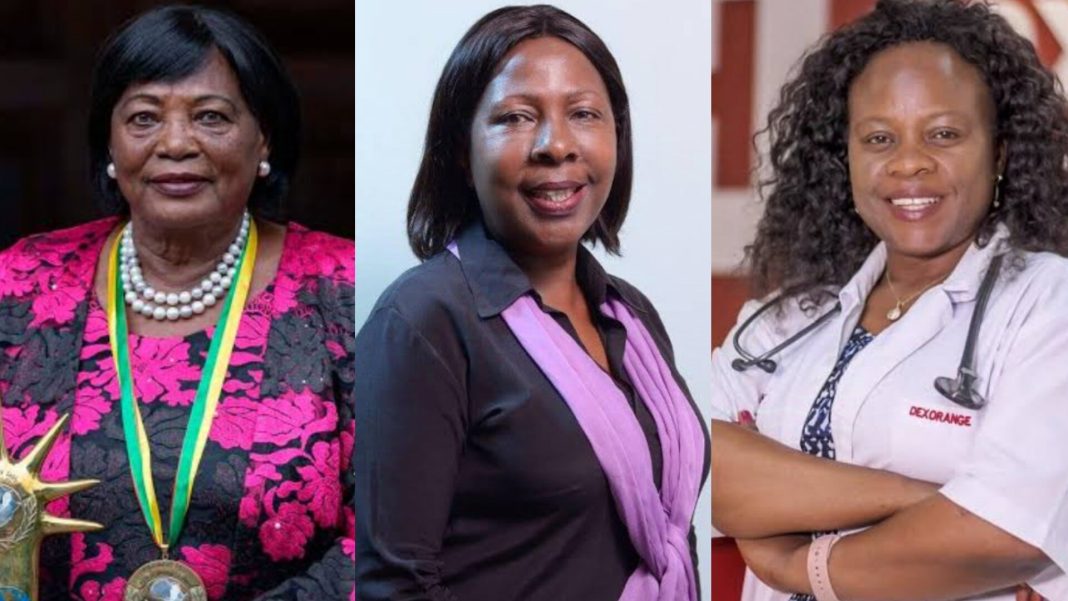Lumala Abdu, a Ugandan-born footballer and humanitarian, has carved a remarkable path from adversity to global recognition.
Currently playing as a forward for Gokulam Kerala FC in India’s I-League and representing the Uganda national team, his journey is a testament to resilience and determination.
Having started life as a refugee and asylum seeker in Sweden, Abdu overcame significant challenges to become a standout talent in international football.
His skill and dedication have seen him compete in prestigious tournaments such as the Africa Cup of Nations (AFCON), where he faced some of Africa’s finest teams.
Off the pitch, Abdu is equally inspiring. Through the Lumala-Abdu Youth Impact (LAYI), he champions causes like mentorship, refugee support, and global health awareness.
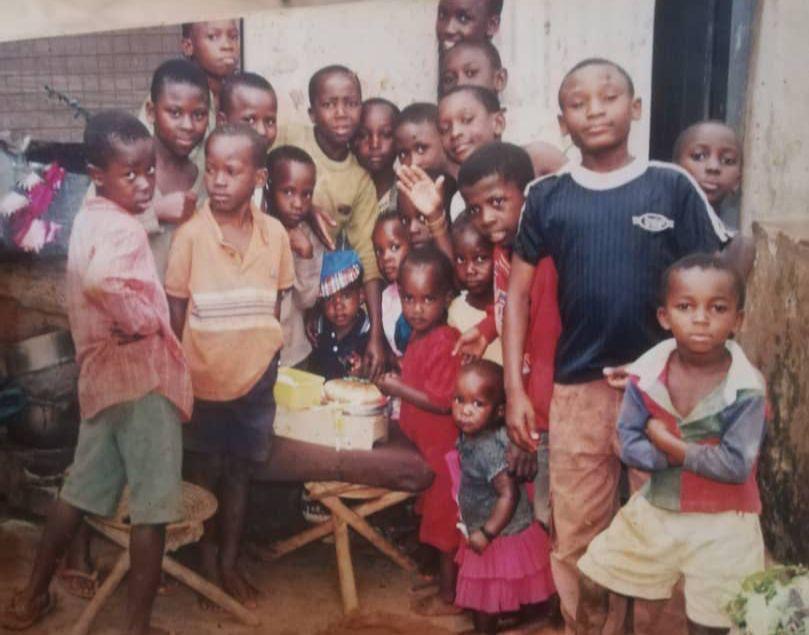
WoA recently had an exclusive interview with Abdu;
1. Your early life was filled with challenges, from displacement to losing close family members. How did those experiences shape your character and drive to succeed?
I was born in Kataba, Uganda and grew up in Bakuli. I have never seen my parents. I was told that I was separated from my mother at just four months old and left me grappling with an unshakable emptiness. I was then raised by my grandmother who also died not long after. She was my last resort. I then continued with my foster family of Sarah Namuddu (mum to musician Rickman Manrick) until I sprouted to be on my own. During that time I was used to washing people’s rides at washing bays, a hustle that saw me take care of my personal needs as a child. However, these experiences became the foundation of my character. They taught me resilience, empathy, and a drive to knock gates looking for the next agenda.
At 16, I moved to Sweden through the hands of different coaches and I can assure the world it is a combination of my passion, ambition and ‘wanting-more’ that made me perhaps make it there. I filed for refugee-asylum because I did not want to come back home. I wanted to play football and re-write my story.
Every challenge was a lesson in survival, and every moment of despair fueled my determination to create a better future—not just for myself but for others like me. I am sure there are many talents and potentials out there who are deprived of parental guidance and guardianship. I learned to channel my pain into purpose, using football as a vehicle to heal and inspire. These experiences instilled in me the virtues of perseverance and humility, which continue to guide my life and work. When you do not have fortune and you are proud you will lose everything. I ran with this ideology. I realised that to figure out this world without my blood family, I had to work extra smart and hard.
2. You’ve spoken about the emotional scars of abandonment despite being adopted into a caring family. How did you learn to navigate and heal from those emotions?
Even though my adoptive family provided love and support, the wounds of abandonment ran deep. For a long time, I struggled with feelings of loneliness and identity because it was clear I did not have a mother. A dad either. It was football that became my refuge—a place where I felt seen, valued, and connected.
Through the sport, I found a sense of purpose and belonging that helped me begin the healing process. Over time, I realized that my pain could be transformed into strength, and I made a conscious effort to focus on gratitude for the people who stood by me. I can vividly remember the acceptance and reception from people like coach Eddie Butindo, Late Kabanda (City Tyres), Late Ojuk, Mr Nkemba William who currently works with UMEME.. The list goes on and on. Healing is a process and mine, might be a journey of eternity. Working my mind out It wasn’t easy, but mentoring young people and giving back to the community has been incredibly therapeutic. By helping others heal, I’ve found healing myself.
I found my solace and strength in God and soccer. I also tend to focus on the positive. I know the world moves with hiccups. All will not go well throughout so i lean on the positive side.
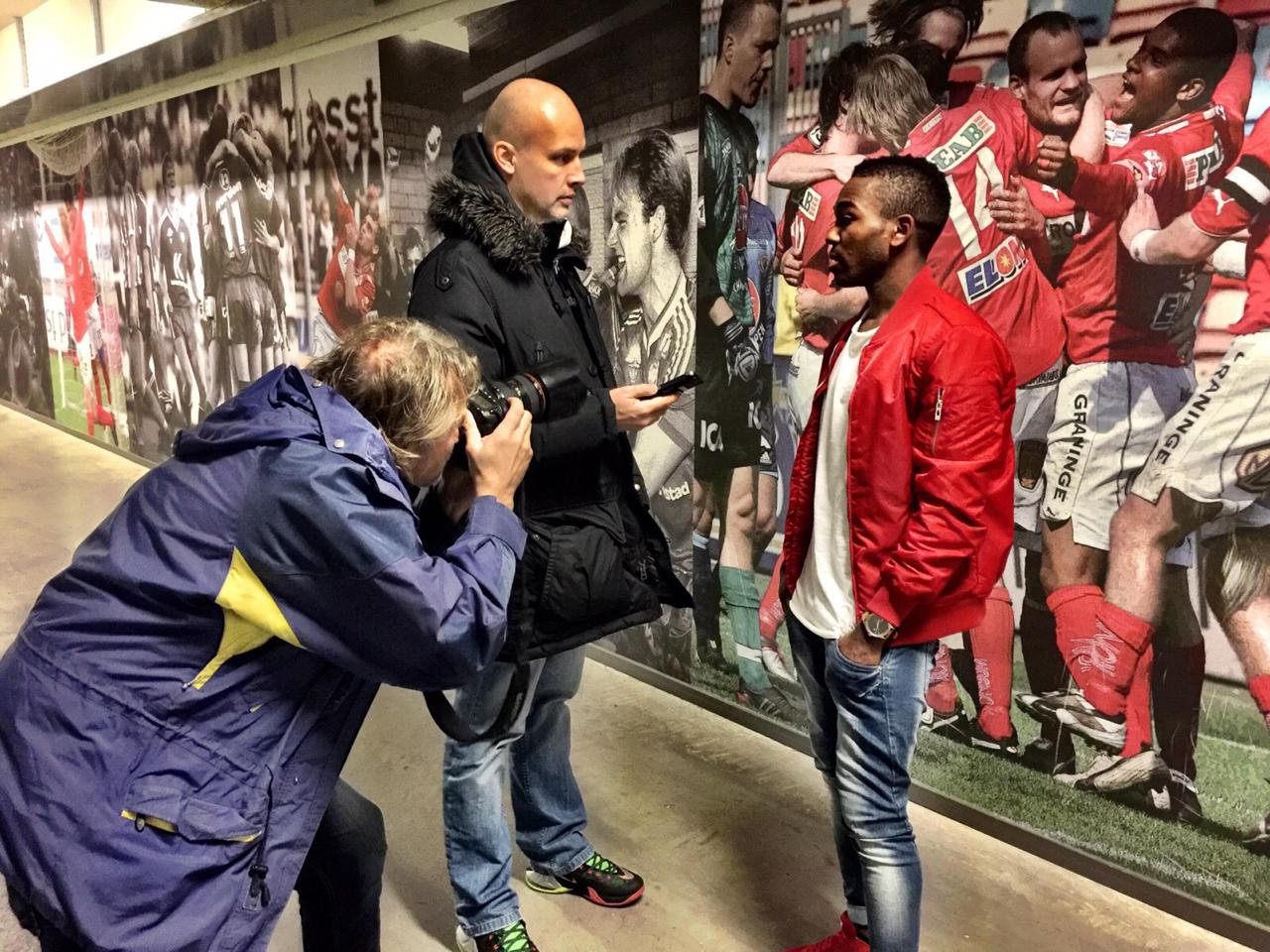
3. Football seems to have been a transformative force in your life. At what moment did you realize that the sport could be more than just a pastime and serve as your purpose?
The turning point came during my early teenage years in Uganda when I joined village football game training and it was always an escape for me and our area coaches started noticing the potential of my talent. Football was my fav game and became my ticket to a brighter future. Ask me how?
That realization deepened when I moved to Sweden at 16. Despite the challenges of adapting to a foreign land, football became my universal language, connecting me with people and opening doors I never thought possible. Leaving behind the familiar and stepping into the unknown was a daunting challenge. When I landed, I had no resources, no family, and no clear path. It was an uphill battle, but I was determined to make it work.
The first step was securing my place in this new country. I sought asylum in Sweden, navigating a complex system as a teenager in a foreign land. I was eventually placed in Bromölla, a small town that became my first home in Europe. The experience of being an asylum seeker was humbling and isolating, but it taught me resilience.
As an asylum seeker, one of my first goals was to integrate into the community. I enrolled in school, which became a critical part of my journey. Attending classes not only helped me learn the Swedish language and culture but also gave me the structure and sense of belonging I desperately needed.
At the same time, I never lost sight of my dream to play professional football. I started playing for local clubs in the lower leagues, using every opportunity to prove myself. I attended Furulundskolan in Solvesborg in a small city where the club Mjällbys aif is found. My name is startmarked in the wall of fame of furulundsskolan. I made my debut before turning 18 years old at mjällby aif. The school was having a football school team within. In those early years, I juggled school and rigorous football training sessions.
Despite hardships encountered, I remained focused, knowing that football was my chance to change my life. Over the years, it has grown into a platform for me to inspire and uplift others, proving that the game can be a force for change both on and off the pitch.
My persistence eventually paid off when I caught the attention of scouts while playing in the lower leagues. I was invited to join Mjällby AIF, a team in Sweden’s second division. This was a major breakthrough—it was the first step toward achieving my dream of becoming a professional footballer.
At Mjällby, I worked harder than ever to refine my skills and adapt to a higher level of competition. My performances began to stand out, and it wasn’t long before I earned a move to Kalmar FF, a team in Sweden’s top league, the Allsvenskan. Playing in the Allsvenskan was a dream come true, as it allowed me to test my abilities against some of the best players in the country.
4. Moving to Sweden at 16 and starting over in a foreign country must have been daunting. What were some of the greatest challenges you faced during this period?
I arrived as a refugee, unfamiliar with the language, culture, and climate. Survival meant taking on odd jobs—washing cars, cleaning, anything I could do to support myself while pursuing my dream of playing football.
The loneliness of being in a foreign country was overwhelming at times, but I refused to give up. Football became my anchor, giving me hope and a sense of direction. Slowly, I built a support network and worked my way up from Sweden’s lower leagues to the top division. Those years taught me the value of perseverance and the importance of staying true to your dreams, no matter how difficult the journey.
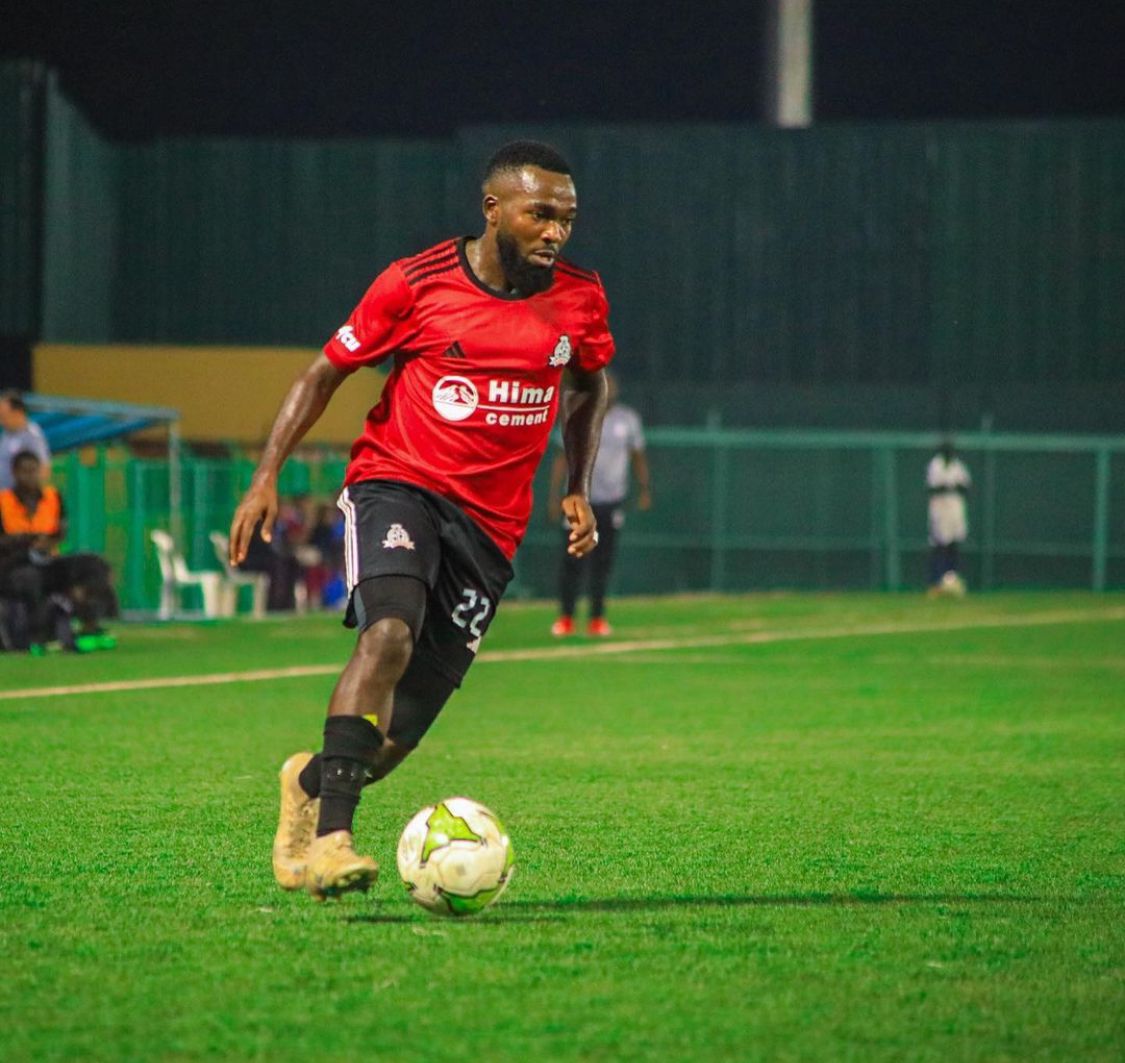
5. You’ve represented Uganda in the AFCON and played for top European and Asian teams. How did those experiences differ, and what lessons have you learned from playing internationally?
Playing in the Africa Cup of Nations (AFCON) was a dream come true. Representing Uganda on such a grand stage allowed me to showcase my talent against some of the best players on the continent. It was humbling and inspiring to compete against teams like Senegal and Egypt.
On the other hand, playing in Europe and Asia taught me adaptability. Each league has its own unique style and challenges, from the tactical discipline of Sweden’s Allsvenskan to the technical and fast-paced play in Asia’s I-League. I also learnt that when you are on pitch you are expected to perform. Nothing else in between. These experiences have made me a more versatile player and given me a deeper appreciation for the global nature of football as a paying job.
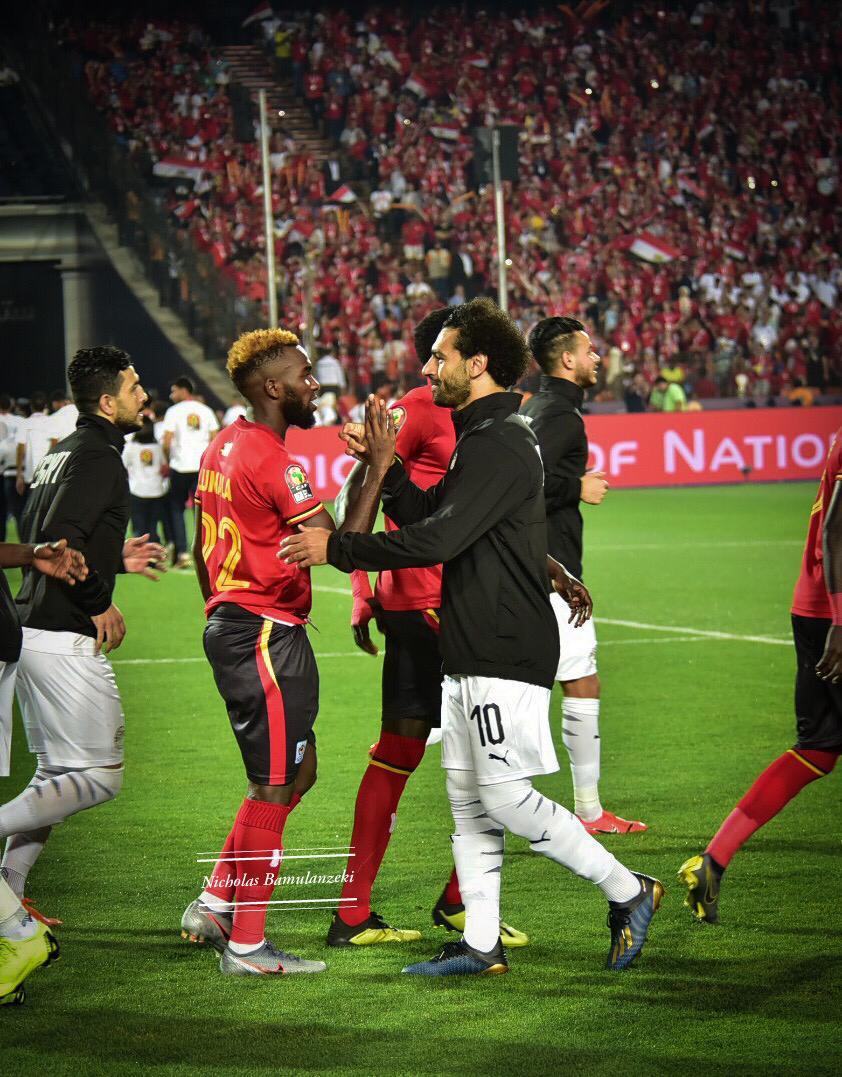
6. Your style of play is described as dynamic and clinical. How do you maintain your speed, agility, and versatility on the pitch?
Consistency and discipline are key. I focus on rigorous training routines that enhance my speed, and technical skills. Nutrition also plays a huge role in keeping me at peak performance. I work closely with trainers to stay fit and injury-free, which is essential for maintaining my versatility on the field.
Beyond physical preparation, I study the game relentlessly, analyzing my own performance and learning from others. Football is as much about mental sharpness as it is about physical ability, and I’m constantly working out. I train everyday (haha) to improve both.
7. Your plans to launch a social home and sports academy in Uganda are inspiring. What impact do you hope to make on the lives of vulnerable children through this initiative?
The social home and sports academy are close to my heart because I understand firsthand the challenges of growing up without stability or resources. It is the sole reason for founding LAYI. Through this initiative, I hope to provide a safe space for vulnerable children where they can receive not just training in sports but also access to education, counselling, healthcare, and mentorship.
My vision is to empower young people to pursue their dreams, no matter their circumstances. By giving them the tools and opportunities I lacked as a child, I hope to create a generation of leaders who can uplift their communities and inspire others.
8. Winning the Fans’ Best Foreign Player of the Year in Uganda was a pivotal moment for you. What did that recognition mean to you, and how did it fuel your ambition?
Winning such an accolade in Uganda was one of the most humbling moments of my career. For it was recognition of the journey I’d been on, with all the challenges and sacrifices along the way. From leaving Uganda to seek asylum in Sweden, to building my career from the ground up, it reminded me that none of it had been in vain.
Talk about the love and support from people who believe in me, and it fueled my ambition to do more, not just on the pitch, but off it as well. It made me realize the responsibility I carry as a role model.
Recently, my personal story and such sense of responsibility earned an induction into the Africa Humanitarian Awards 2024 by Elgee Info Media in Nigeria. I call this moment “an honor that goes beyond football.” The recognition came as I turned my attention toward the devastating civil war in Sudan. As we get recognised home and away I want to channel such influence for the right causes.
9. Your upcoming Peace Make Match aims to address the humanitarian crisis in Sudan. What inspired you to take on such a diplomatic and impactful project?
The whole situation has been going on for many months and it’s heartbreaking, and I couldn’t stand by and do nothing. International agencies are trying. The African Union and UN are also doing their best. How about us civilians outside? Having experienced the struggles of displacement and loss, I feel a deep connection to those affected by the conflict. I am so far impressed by the reception from the continent towards my call of the Peace Make Match, which is a response to the brutal civil war —a cause that hits far too close to home. With over 2,000 lives lost, 1 million displaced, and 8 million affected, I couldn’t just stand by. That’s why I decided to organize the humanitarian charity match in Nigeria aimed at raising awareness and promoting peaceful resolution to the crisis from the western part of the continent. I look to reinstate hope and smile to our brothers and sisters in these trying times when the governments are in agony.I believe events like this can spark conversations, inspire action, and remind us all of the importance of unity amongst our global village. Please join us.
With millions affected in Sudan, this charity match is about creating a moment of unity, diplomacy, and hope for a better future. We are using football as a tool to refocus, unite people and raise awareness for a peaceful resolution. It is my organisation’s call to action for leaders and communities to come together. I want to remind the world of the power of solidarity and the role sports can play in promoting peace and healing.
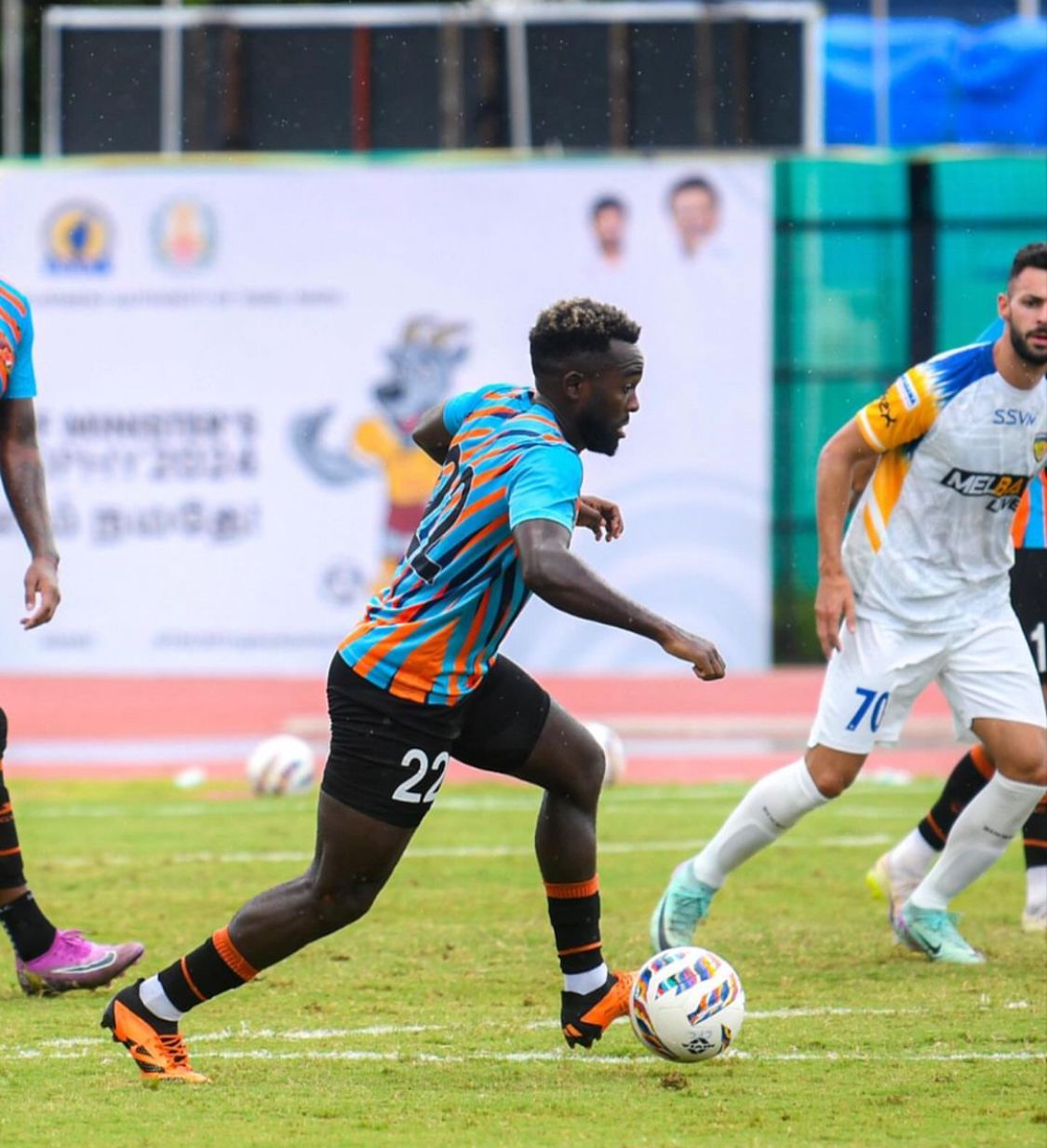
Additional story by Brian Muhumuza Bishanga

